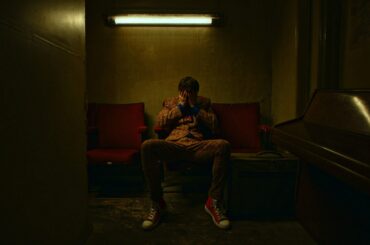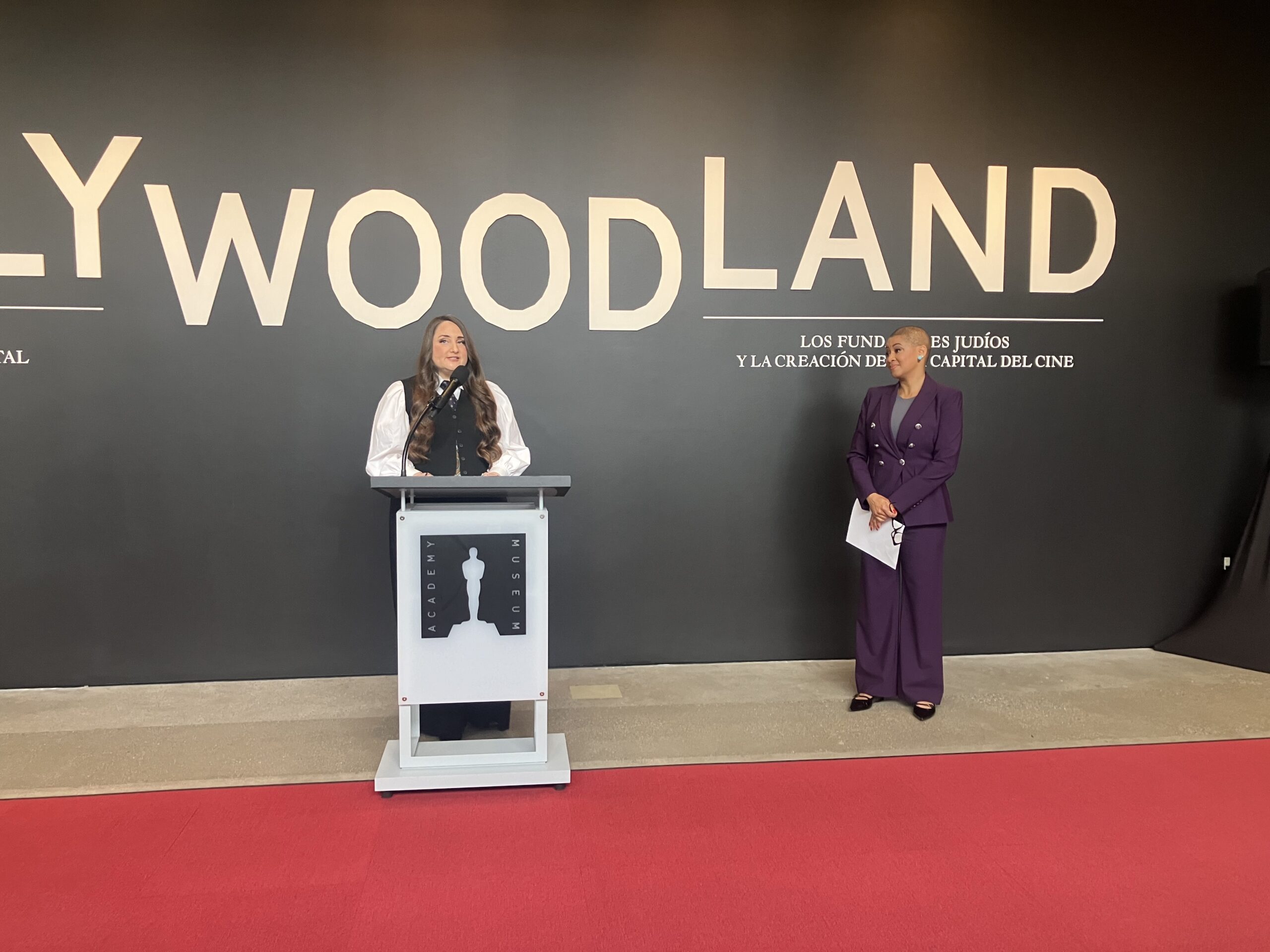Roger Corman is one of the most important figures in the history of film, a writer, director, and producer who discovered dozens of future legends. He passed away this weekend at the age of 98, leaving behind him a trailblazing legacy and no one can fill his shoes. He existed and thrived in a time of change for the industry and carved an indelible niche for himself in the realm of independent film while it was still on the fringes, and it is largely due to him that it broke into the mainstream.
While the industry was struggling in the ’60s, still making biblical epics and musical throwbacks - Corman was making topical grungy biker epics, prescient psychedelic druggie flicks and many haunting Edgar Allan Poe adaptations that were crewed, starring and directed by many of the New Hollywood and Blockbuster Era Filmmakers that would soon take over the industry: Francis Ford Coppola, Martin Scorsese, Peter Bogdanovich, Jack Nicholson, Ron Howard, Jonathan Demme, Joe Dante, James Cameron, Pam Grier, and Carl Franklin, to name a few. They all graduated from what has been called the “Corman School of Filmmaking” - teaching them the practical way to make films economically. Corman would often tell his filmmakers, that if they did a good job, they would never have to work for him again.
When asked about his relationship with Corman, the king of cool, Nicholson broke down in tears in the 2011 documentary Corman’s World, this is a testament to how important this man was.
Initially, Corman worked in engineering and then realized he made a mistake and switched careers to his true passion, film. He worked in the mail room at 20th Century Fox and worked his way up to story reader - he managed to get his ideas into a feature but when he received no credit, he decided to work in film on his own.
It would take him years to get a foothold, in-between he took lots of odd jobs until he got paid as a screenwriter and then as a producer. He produced successful 50s b-films (often with AIP) like The Fast and the Furious (later he would license the name to the blockbuster franchise), Not of this Earth, It Conquered The World, and Attack of the Crab Monsters.
He tried his hand at more serious fare with some success, films like Machine Gun Kelly, Cry Baby Killer (Nicholson’s first starring role), and I Mobster. Buoyed by his success producing for others, he started his studio and made classics like A Bucket of Blood (starring the indelible character actor Dick Miller in a rare starring role) and Little Shop of Horrors (with a killer Nicholson cameo), which became the iconic cult classic adapted into a successful musical and also remade in the ’80s.
In the early 1960s, Corman would start his Edgar Allan Poe cycle next, and it would be one of his most prolific periods, working with AIP again he would produce some of his most enduring films, House of Usher, The Pit and The Pendulum, Tales of Terror, Premature Burial, The Raven, The Haunted Palace, The Masque of the Red Death, and Tomb of Ligeia. Working with top-notch writers like Twilight Zone alums, Richard Matheson and Charles Beaumont and classic film stars like Vincent Price and Boris Karloff, he made artful tales of delightful terror. In this period, he would also produce cult classics like X, The Man with the X-Ray Eyes, and Francis Ford Coppola’s Dementia 13.
His next phase would bring him even more success, the iconic 1966 biker film The Wild Angels with Peter Fonda; it was a precursor to Easy Rider. He was concurrently making classic westerns with Nicholson, more biker films, and The Trip - a drug film written by Nicholson and starring Fonda, Dennis Hopper, and Bruce Dern, and Peter Bogdanovich’s incredible debut film, Targets.
In the 1970s, he founded New World Pictures and produced and distributed a steady flow of classic B-films with more bikers and now nurses, female inmates, and crime films like Monte Hellman‘s amazing Cockfighter starring Warren Oates and Harry Dean Stanton.
Corman also filled a glaring void that Hollywood left, he became a reliable distributor of foreign auteurs like Ingmar Bergman, Federico Fellini, Francois Truffaut, and Akira Kurosawa - often winning the Oscar in the Best Foreign Film category. He continued making memorable B-films like Death Race 2000 (Sylvester Stallone), Ron Howard’s Grand Theft Auto (later he would license the name to the massive hit video game), Joe Dante’s Piranha, Rock ’n’ Roll High School (starring The Ramones), and a Star Wars-inspired knock off Battle Beyond the Stars notable for its effects by James Cameron and a score by James Horner.
Despite his dwindling role in the mainstream as the studios were making big-budget versions of his style of films, he kept cranking them out, some of which were quite good like Penelope Sheeris’ Suburbia and others guilty pleasures like the remake of Not of this Earth starring Traci Lords. He even produced an unreleased version of Marvel’s Fantastic Four, which believe it or not, is not as good as Howard the Duck.
When all was said and done, Corman directed 55 films and produced 385 (over 490 including television), he was feted by Cinémathèque Française, honored at the BFI and MOMA, and awarded PGA’s David O. Selznick Award and he was given an Honorary Academy Award recognizing his numerous achievements in film. He maintained excellent relationships with his former protégées and even had cameos in a number of their films as a Senator in The Godfather Part II, as the Director of the FBI in Silence of the Lambs, and as a Congressman in Apollo 13. He also wrote books, including How I Made a Hundred Movies in Hollywood And Never Lost A Dime.
He was married to Julie Halloran from 1970 until his death, he is survived by her and their children. Upon the news of his death, tributes poured out including William Shatner, Ron Howard, John Carpenter, Francis Ford Coppola, and others. With his unbelievable track record, tenacity, resourcefulness, and uncanny eye for talent, the King of the B’s is a legend that will be sorely missed but never forgotten.





